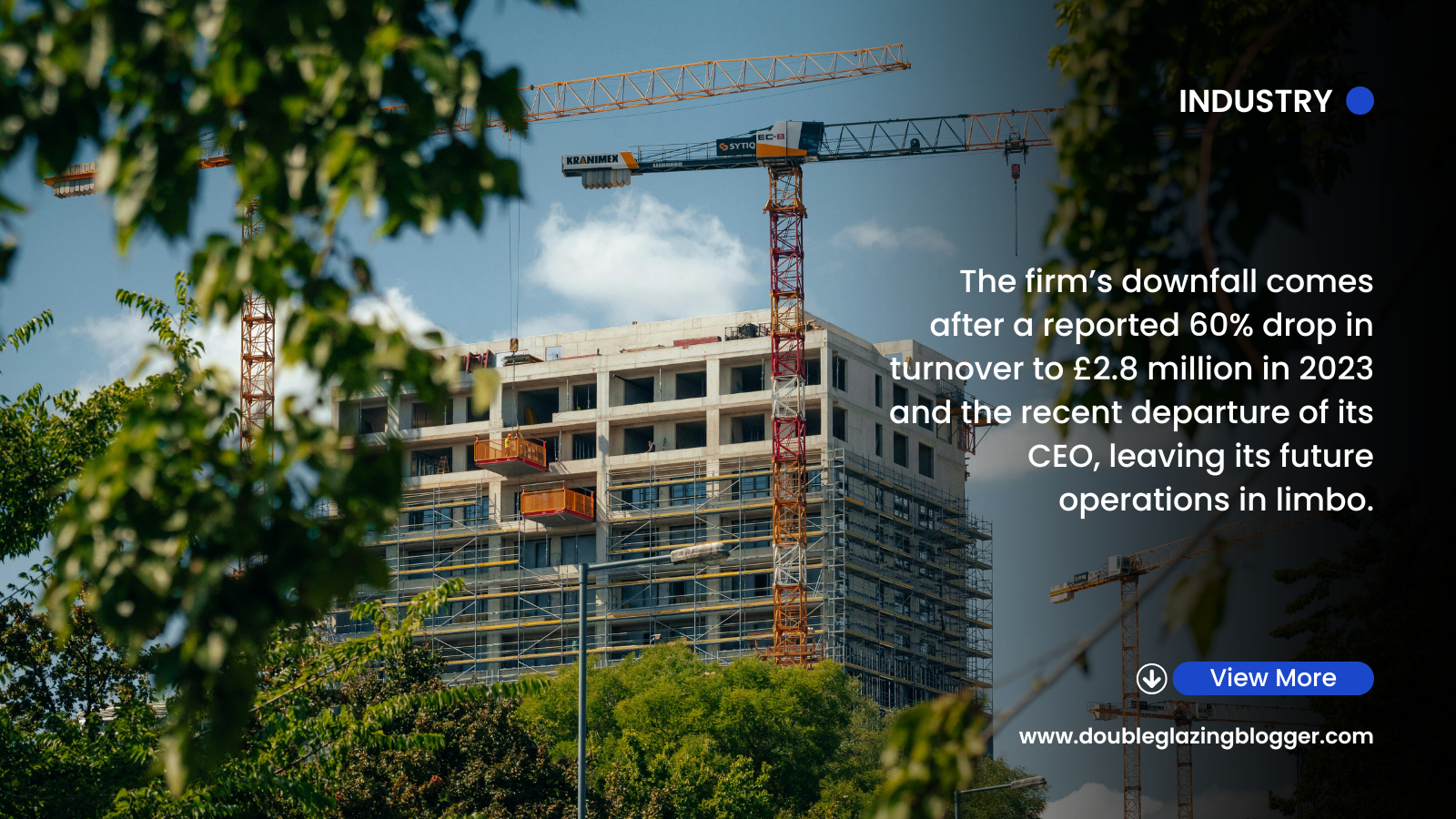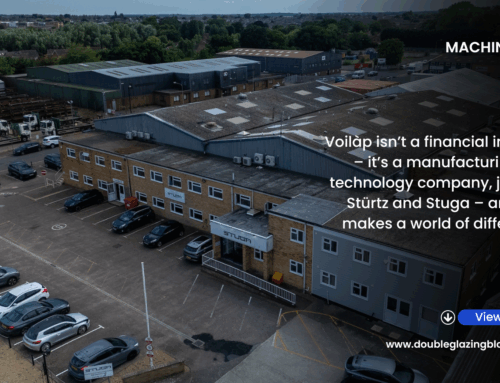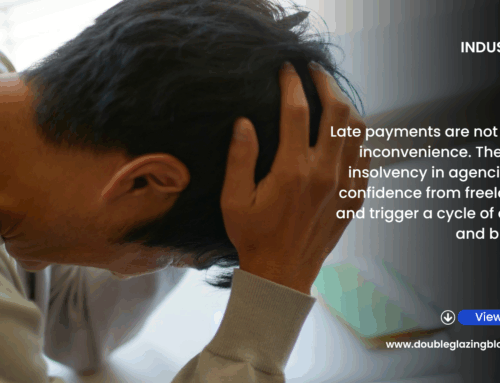The Building Safety Regulator (BSR) is grappling with fresh concerns over its ambitious plan to clear a backlog of 91 pending Gateway 2 applications, following the sudden collapse of Assent Building Compliance, one of the UK’s largest building control firms. The news has raised fears of further delays in a sector already strained by post-Grenfell safety reforms.
Assent Building Compliance, a key player in the BSR’s Gateway approval process for high-rise residential projects, announced it has “ceased trading and is in the process of entering insolvency.” The firm’s downfall comes after a reported 60% drop in turnover to £2.8 million in 2023 and the recent departure of its CEO, leaving its future operations in limbo. The collapse affects services for two registered building control approvers—Oculus Building Consultancy Ltd and LB Building Control Ltd—potentially impacting thousands of ongoing projects.
The BSR had set a target to clear the backlog of 21,745 high-rise residential units by January 2025, a goal hailed as a significant step toward streamlining approvals under the Building Safety Act 2022. However, with Assent’s insolvency, unfinished projects now face a critical seven-day window to transfer oversight to local authorities or find a replacement firm, a process that industry experts warn could exacerbate delays. Current average Gateway 2 approval times stand at 43 weeks UK-wide, with London—accounting for nearly half of all new build cases—lagging behind the national average.
The BSR has yet to fully clarify the extent of the disruption, though it has acknowledged Assent’s notification of “issues affecting their future operations.”
The collapse comes as the government pushes to meet its target of delivering 1.5 million homes under the Plan for Change, with recent measures announced on October 22, 2025, aimed at accelerating housebuilding in London. Andy Roe, BSR Chair and retired fire chief, emphasised the regulator’s progress, noting that recent operational changes have reduced approval times for high-rise applications to an average of 12 weeks through the newly established Innovation Unit. However, Assent’s exit threatens to undermine these gains, particularly in London, where additional inspectors and engineers had been deployed to clear the bottleneck.
The Building Safety Act, enacted in response to the 2017 Grenfell Tower tragedy, introduced stringent regulations for high-risk buildings, including a new regulatory framework overseen by the BSR. Assent’s role was pivotal in ensuring compliance during the design and construction phases, making its insolvency a critical test for the system’s resilience. Industry stakeholders are now calling for urgent action to mitigate the fallout, with some suggesting temporary measures to reassign projects to local authorities or expedite the appointment of new building control firms.
As the situation unfolds, the BSR has promised to provide further updates, with details of Assent’s insolvency practitioners expected to be published soon. For now, the construction sector braces for potential delays, with the government’s housing ambitions hanging in the balance.
Subscribe for FREE below to receive the weekly DGBulletin newsletter and monthly digital magazine!







